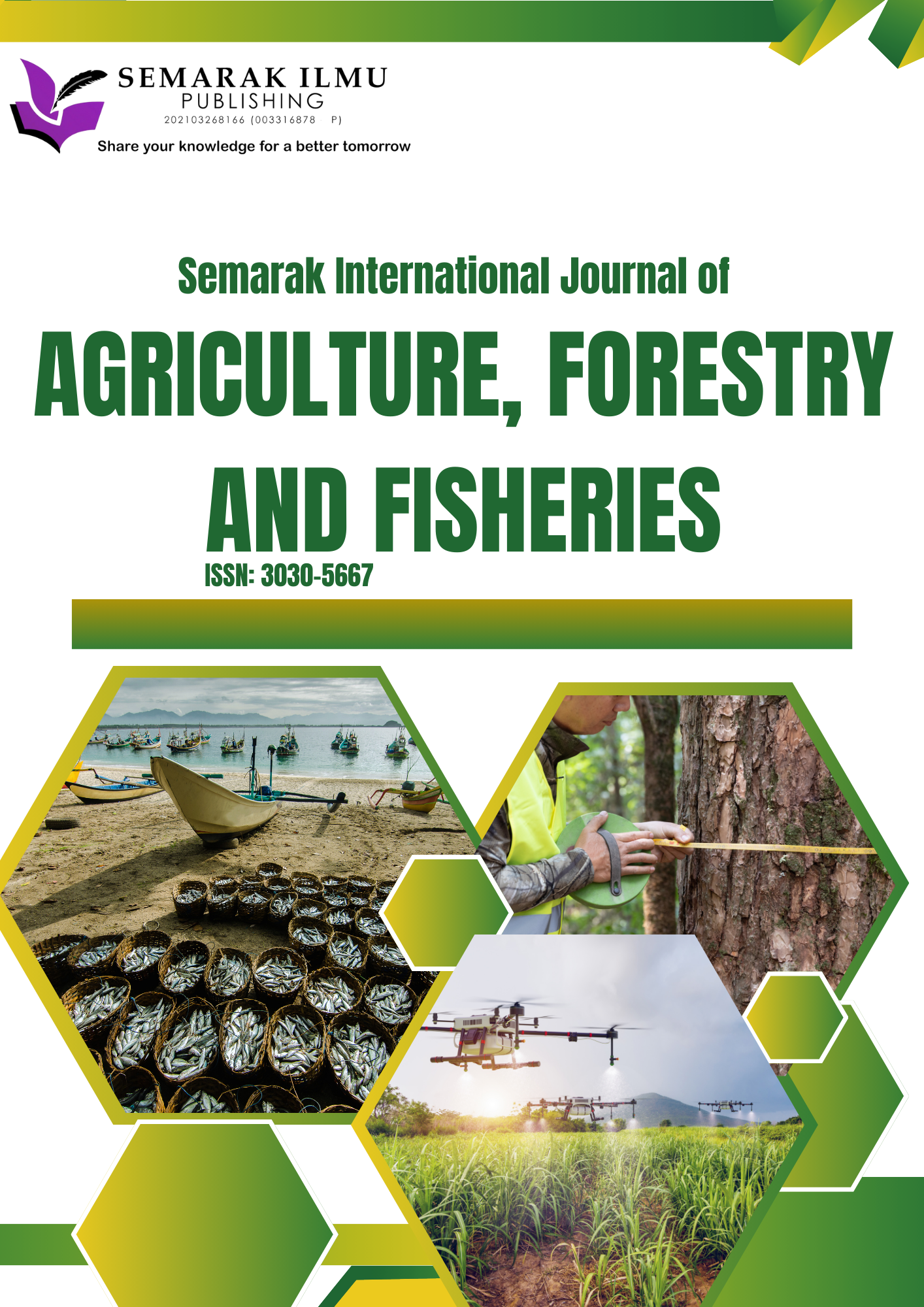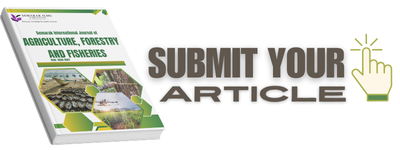Sensing Technologies and Automation: Revolutionizing Aquaculture towards Sustainability and Resilience
DOI:
https://doi.org/10.37934/sijaff.1.1.1018Keywords:
Remote sensing; , internet of things; , artificial intelligence; , precision farming; , environment; , sustainable aquacultureAbstract
Given the aquaculture industry’s role at the forefront of addressing food security challenges facing the growing global population, the aquaculture sector also encounters various constraints that can impact its productivity, sustainability and resilience. These constraints including environmental issues, diseases, high reliance on the workforce and competition for water resources. This review provides an overview of the roles of sensing and automation technologies in revolutionizing aquaculture toward sustainability and resilience. Innovations in sensing and automation stand out as among the critical game-changing advancements that are transforming the way aquaculture industry operates. Intelligent sensing technologies offer major advantages in monitoring the environment, animal behavior and growth, as well as early detection of diseases. By integrating advanced smart sensing devices, internet of things (IoT), artificial intelligence (AI) and automated response devices, aquaculture operations can be observed and managed remotely in real-time, leading to enhanced productivity, efficiency, resource utilization, environmental friendliness, reduced workforce dependency and competition over water. Through these revolutionary innovations, the aquaculture industry fosters a more sustainable and resilient future while contributing toward food security. Collaborative engagement of all stakeholders is crucial in realizing the full potential of sensing and automation innovations in aquaculture.









